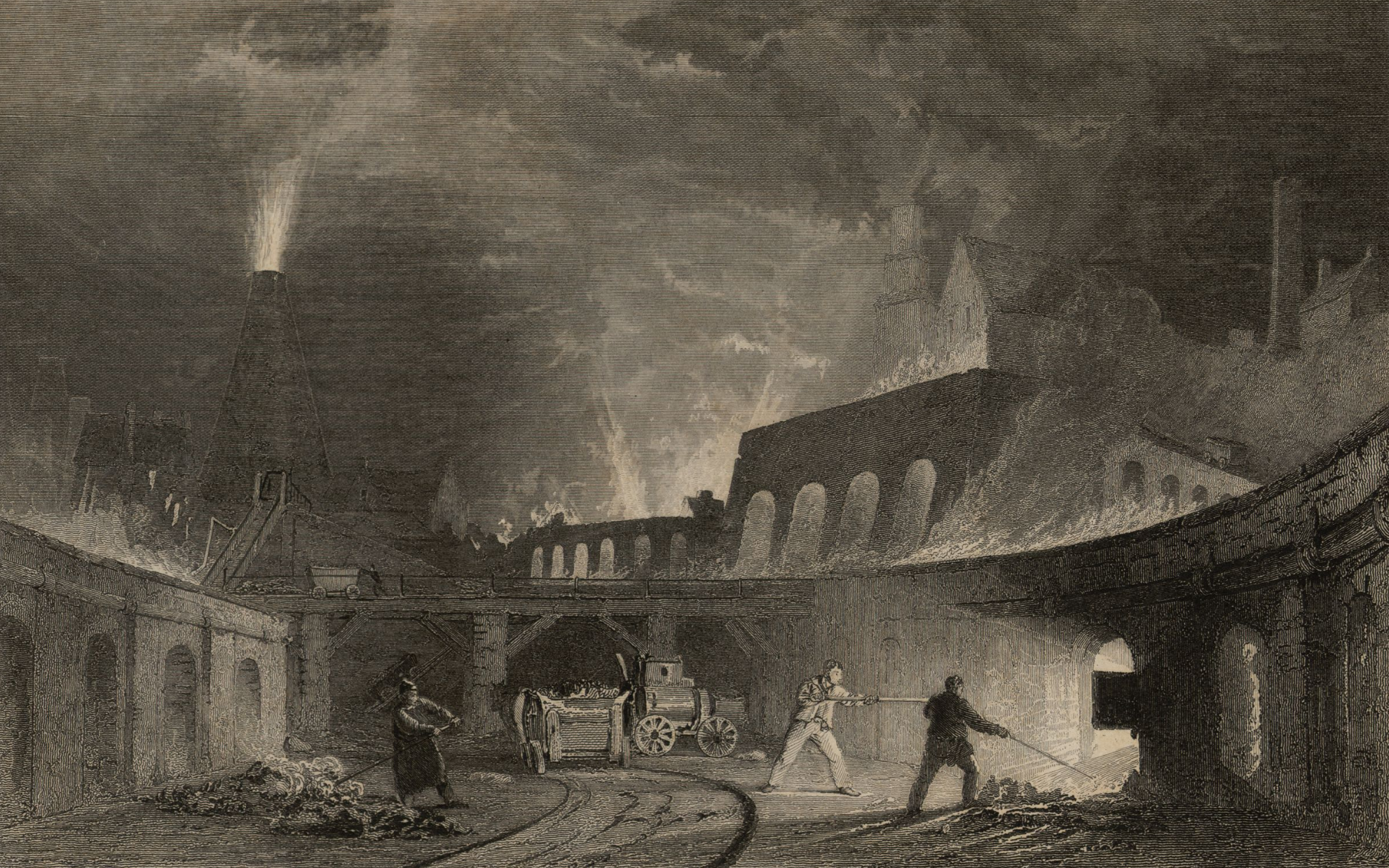From Merthyr to Minneapolis: The Power of Spontaneous Unrest
Posted by Pete on 7th Jun 2020
Today is the anniversary of the Merthyr Rising in South Wales, an all too familiar story of an oppressed people who’d simply had enough.

These words have felt close over the past couple weeks.
They belong to Martin Luther King, spoken as he defended the rising of African Americans against racism in the 1960s.
It feels like little – far too little – has changed.

What Dr King said of the African American is true also of the worker.
From the modern streets of Chicago and Minneapolis to the mining valleys of 19th century Wales, the riot has long been the last resort of an oppressed people not listened to.
In the town of Merthyr Tydfil, just north of Cardiff, June 1831 began with thousands of impoverished mine workers from the surrounding area taking to the streets and sacking the debtors’ court.
They chanted "cheese and bread" and "down with the king", waving a red flag as their banner for the first time in the history of working-class protest.
South Wales had an uprising on its hands, caused by widespread unemployment, starvation, and inequality in industrial Britain.

Scared for their status quo, the authorities sent in the army to restore order but the soldiers, finding themselves outnumbered by the miners, were soon forced to retreat.
For four days, Merthyr was under the control of the workers. The town’s rulers were penned up in a house defended by the army.
With their demand for a reduction in the price of bread still being refused, though, the miners knew that the state had opted for violent repression – it was only a matter of time.
The hammer fell on 7 th June, 189 years ago today.
Over four hundred soldiers marched into Merthyr and 'pacified' the town by force, killing twenty-four of the protesting workers as they went.
Many of the miners’ leaders were deported to Australia – a common fate for activist labourers in 19th century Britain – and one, Richard Lewis, was hanged in Cardiff on a false charge.
'Peace' had been restored. Peace without justice.
The Trinidadian thinker, CLR James, used to say,
This remains true - as true for the protests against racism on the streets of America today as it was for the agitation against poverty on the streets of Merthyr in 1831.
Less time should be spent condemning the riots of exploited people and more time asking why they happen – the anger of the oppressed should not be silenced, it should be heard.
In this way, spontaneous unrest can evolve into the social transformations we need – the French Revolution began with a riot at the Bastille.
The shock of the Merthyr Rising moved the conversation forward in 19 th century Britain towards working-class emancipation, socialism, and democracy – it helped plant a radical Welsh tradition which gave us movements from the Chartists to the modern Labour Party.
The righteous protests against the killing of George Floyd can – and hopefully will – do the same, for America and the world. It’s time to seriously confront and resolve fundamental problems in our society, from racist authoritarianism to the police.
Black lives matter.
Solidarity forever.
